Amnesty International: Dow’s failure to offer remedy for Bhopal disaster has created a “sacrifice zone”
Envirotec Magazine
APRIL 8, 2024
This catastrophe remains immediate and urgent for people whose own health is ruined, or whose children were born with disabilities or who are being poisoned now through the contaminated local soil and water,” said Mark Dummett, Amnesty International’s Head of Business and Human Rights.

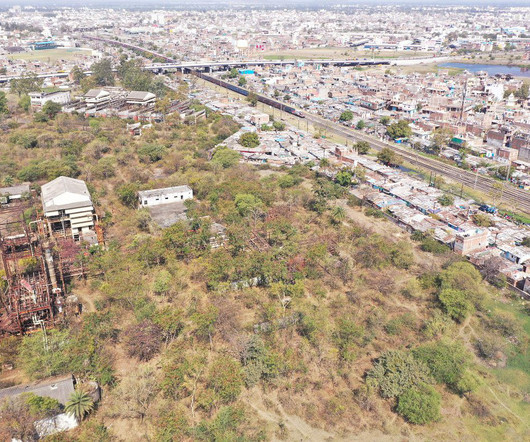
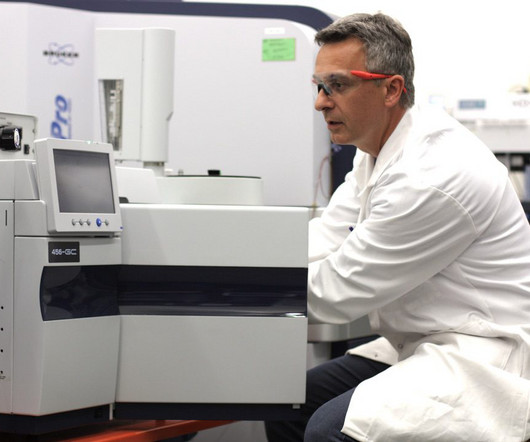
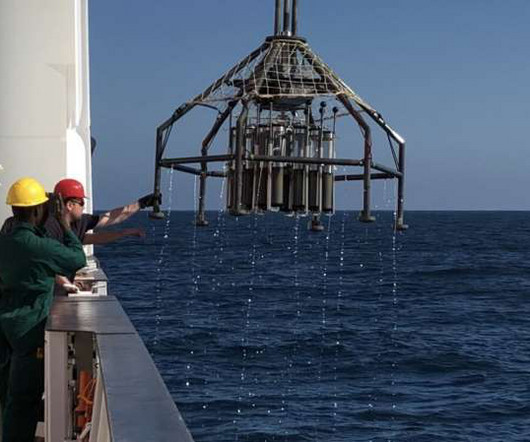

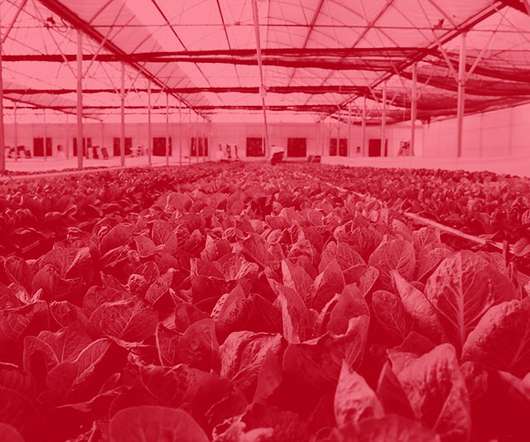
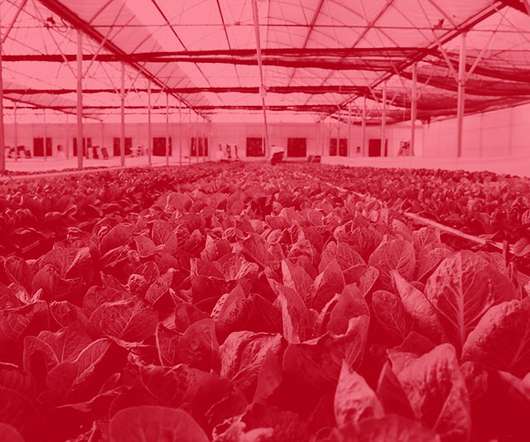
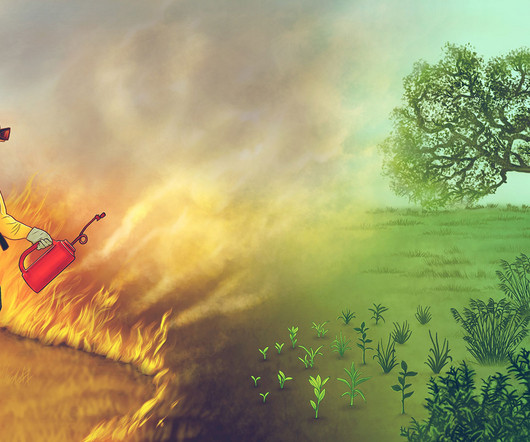

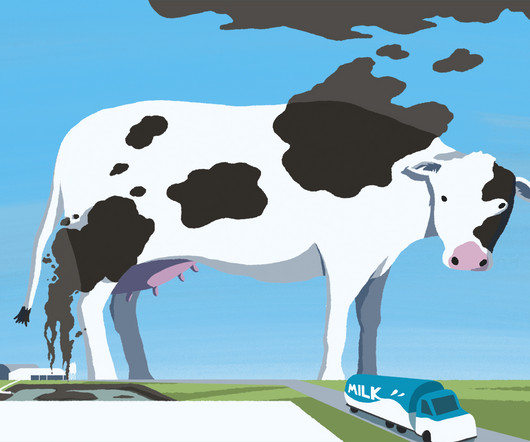

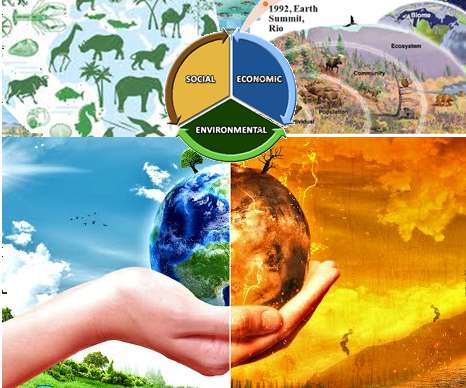










Let's personalize your content